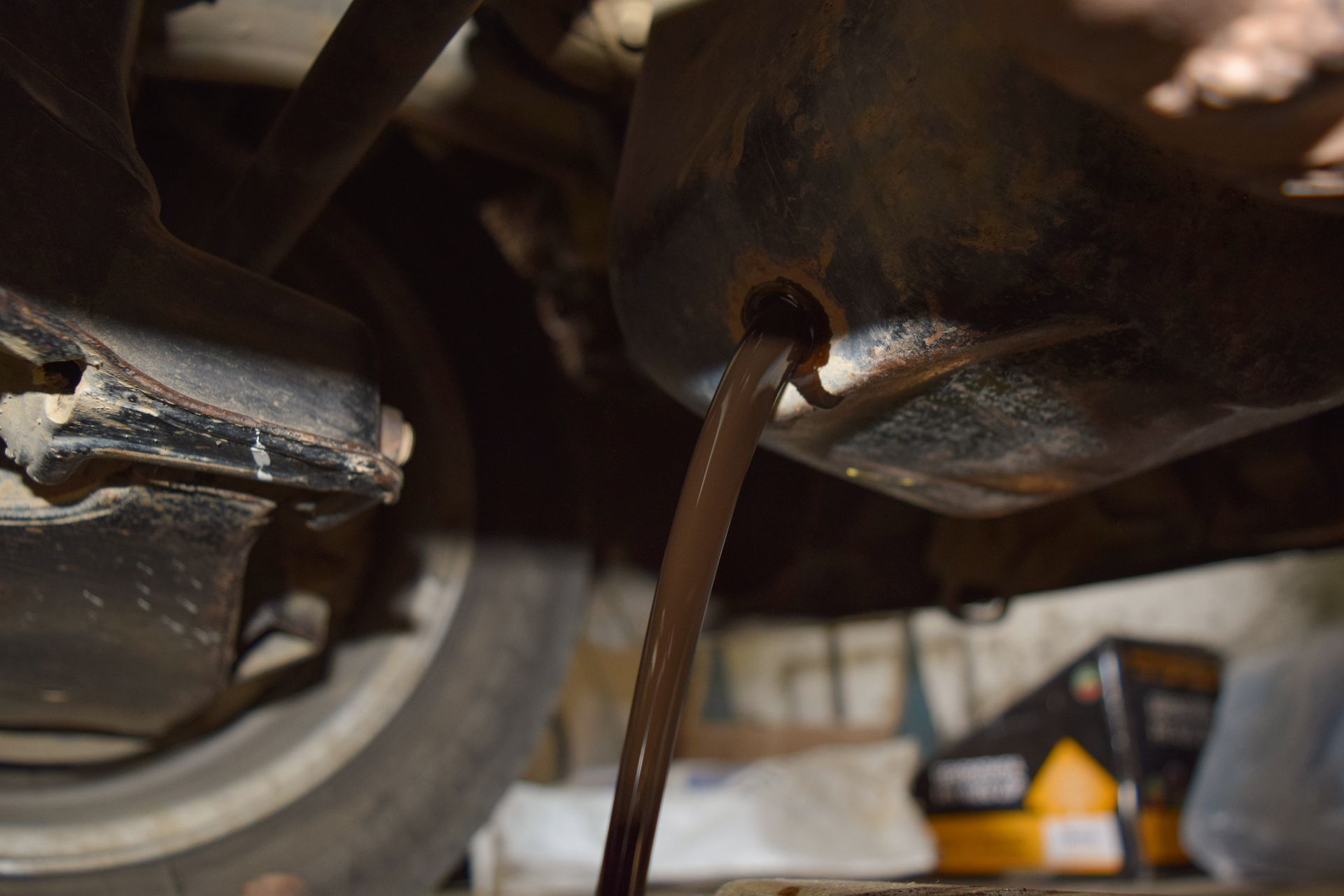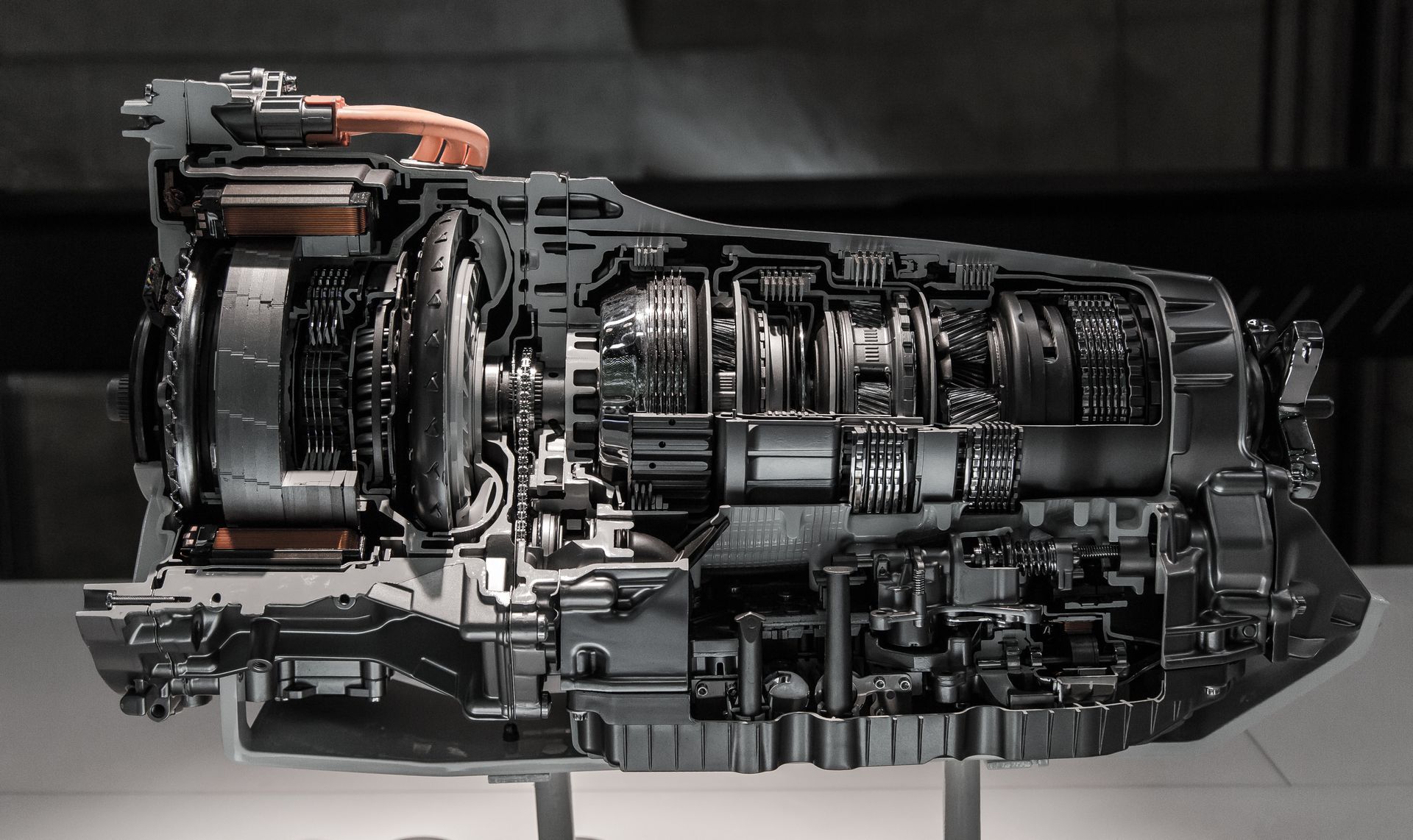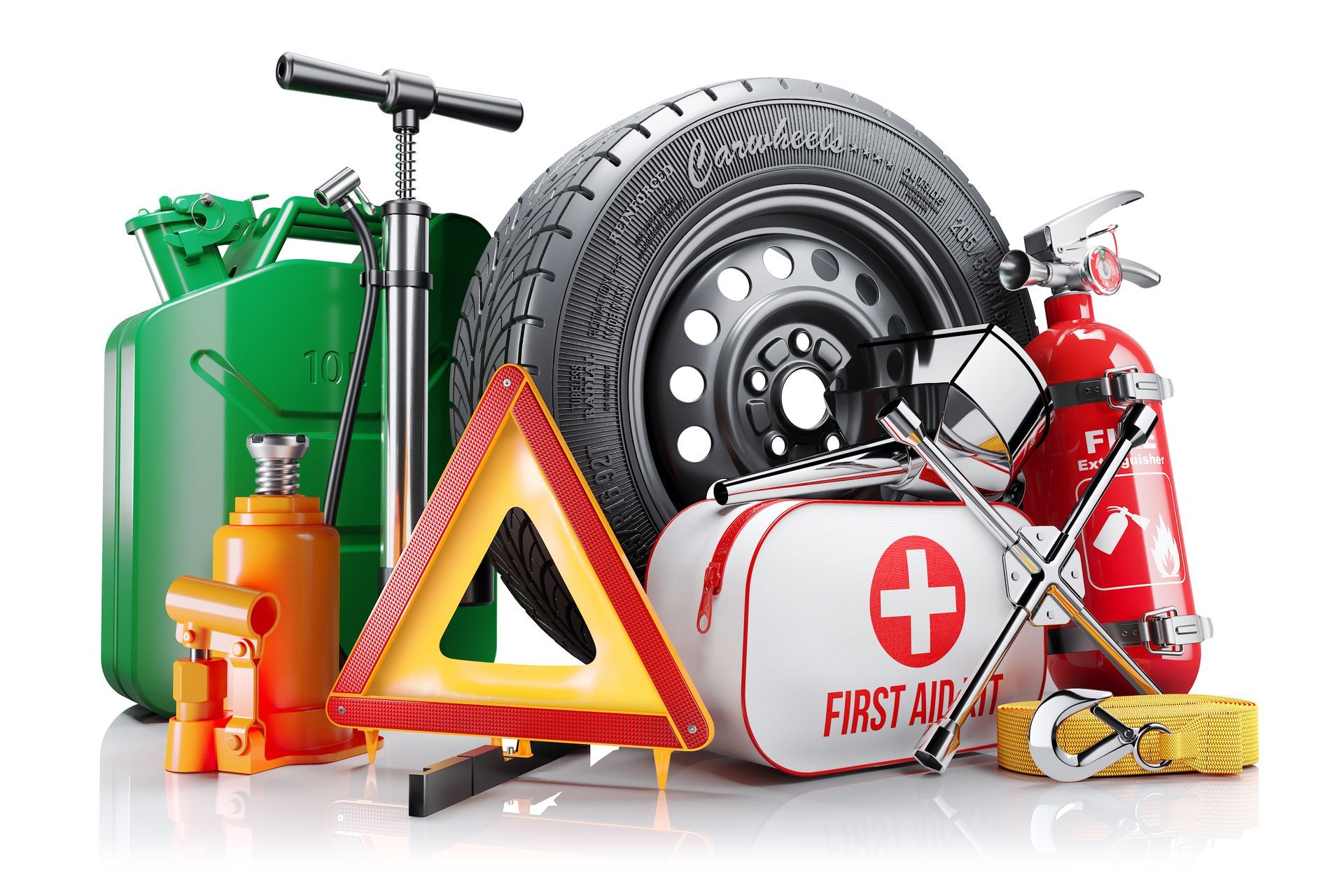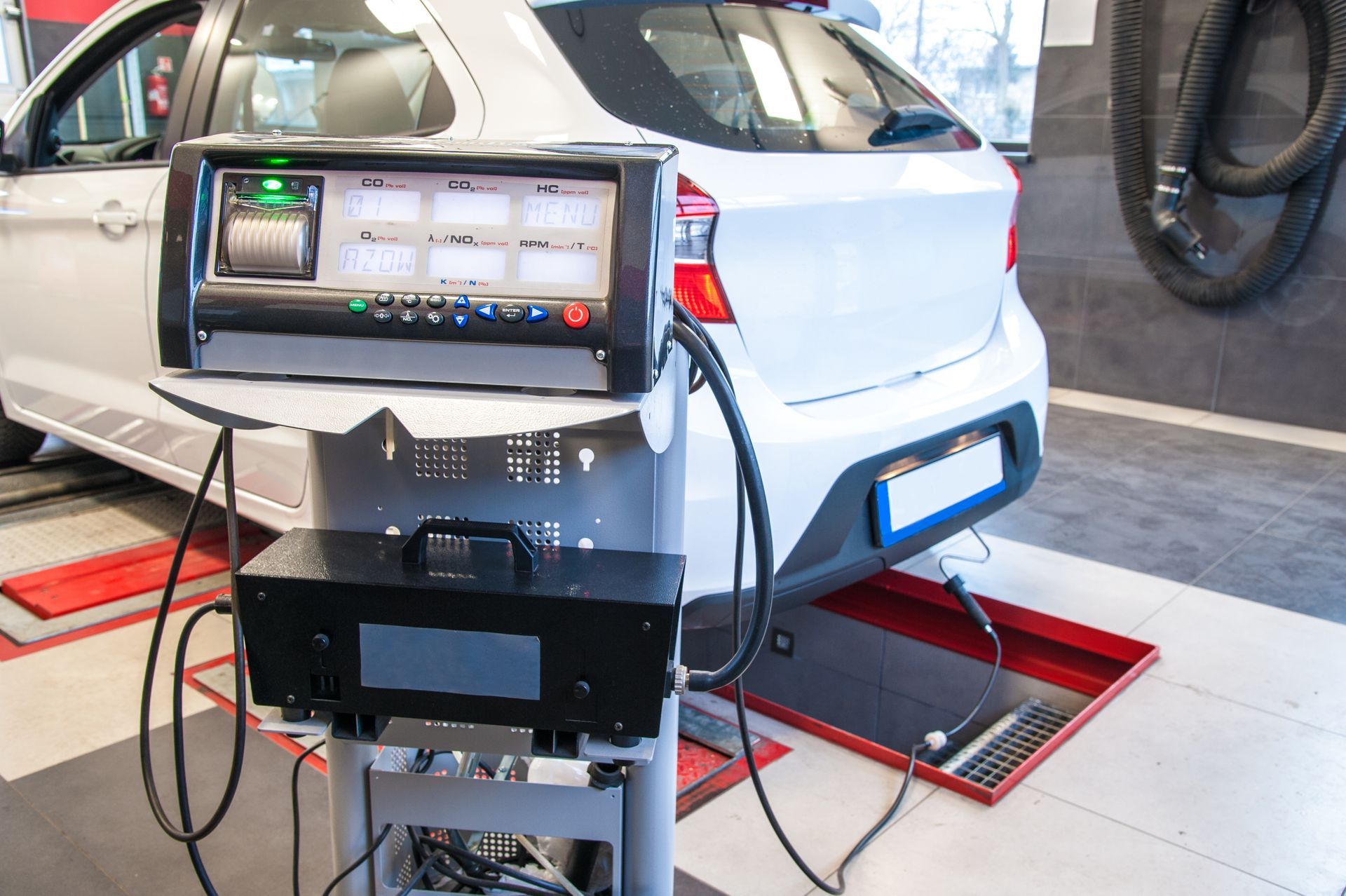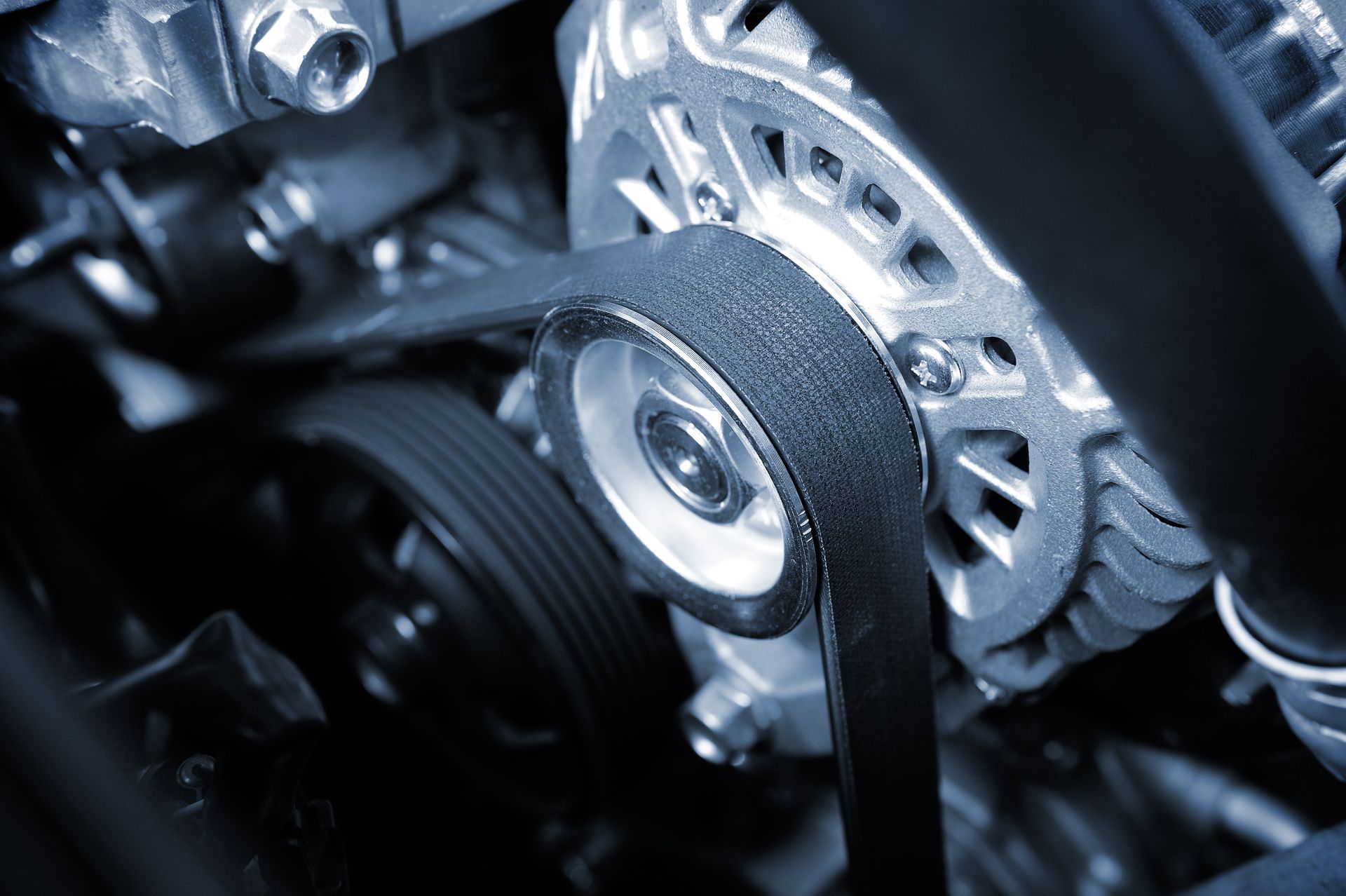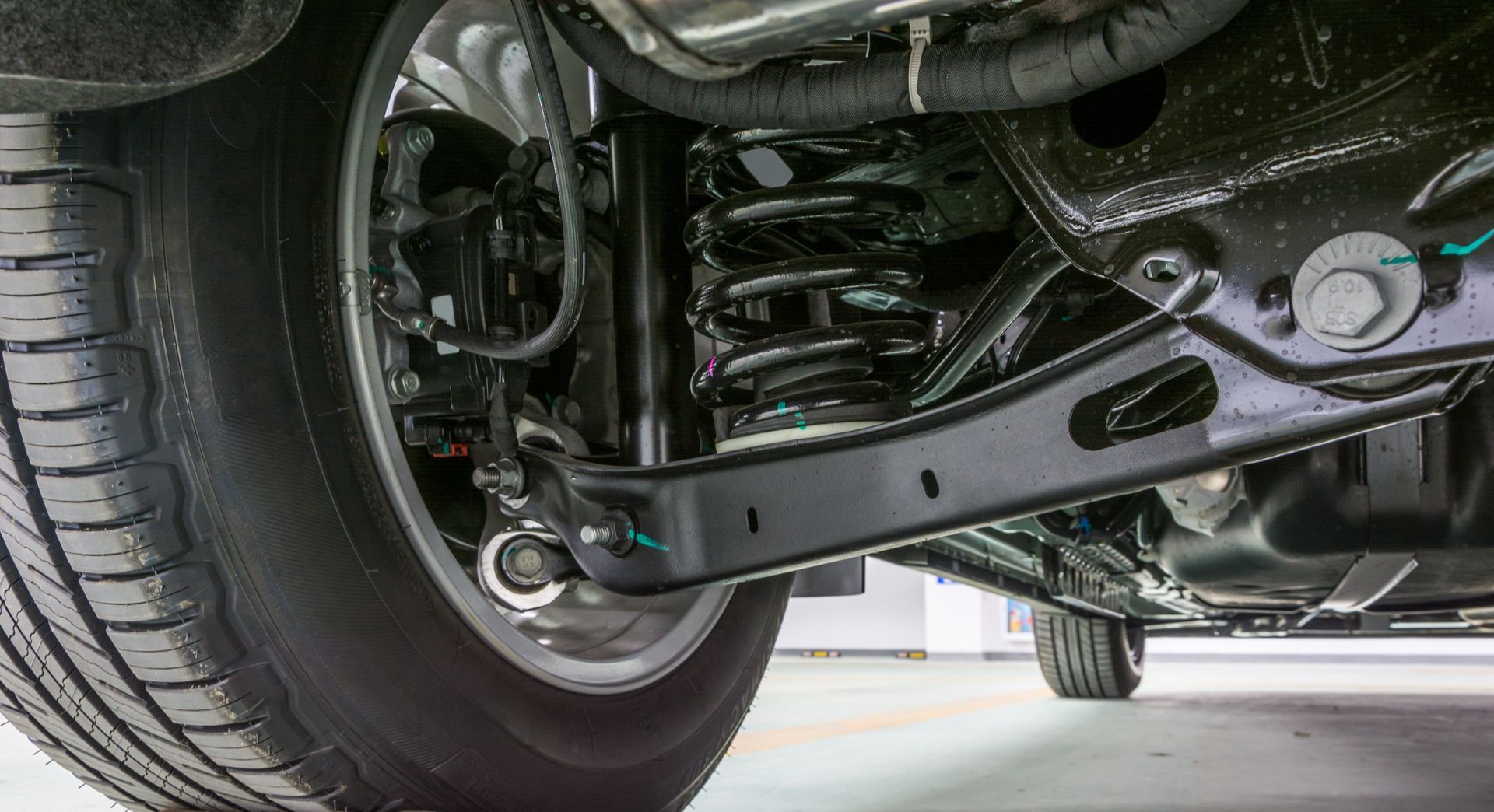Have you ever wondered what those numbers on the gas pump mean? You know, the ones that say 87, 89, or 91 octane? Understanding fuel octane ratings is essential for ensuring optimal engine performance and efficiency.
Deciphering Octane Ratings
When you pull up to the gas station, you're presented with a choice of different octane ratings for your fuel. But what exactly is octane, and why does it matter? Octane is a measure of a fuel's ability to resist detonation, also known as engine knocking or pinging. The higher the octane rating, the greater the fuel's resistance to knocking under compression in the engine's cylinders.
Understanding Engine Knock - Enemy of Efficiency
Engine knock occurs when the air-fuel mixture in the combustion chamber ignites prematurely, before the spark plug fires. This premature ignition leads to a rapid increase in pressure and temperature within the cylinder, resulting in a knocking or pinging sound. Engine knock not only reduces engine efficiency and performance but can also cause damage to internal engine components over time if left unchecked.
The Role of Compression Ratio
The octane requirements of your engine are largely determined by its compression ratio, which is the ratio of the cylinder volume when the piston is at the bottom of its stroke to the volume when it's at the top. High-performance engines with higher compression ratios typically require higher-octane fuel to prevent engine knock and maximize power output. Conversely, engines with lower compression ratios can run on lower-octane fuel without issue.
Premium vs. Regular
While higher-octane fuel may offer benefits for certain high-performance engines, it's not always necessary or beneficial for every vehicle. In fact, using a higher octane fuel than your engine requires can be a waste of money, as it provides no additional performance or efficiency benefits. Most vehicles are designed to run perfectly fine on regular (87 octane) fuel, and using premium (91 octane) fuel won't provide any noticeable advantages unless specifically recommended by the manufacturer.
Considerations for Turbocharged and Supercharged Engines
Turbocharged and supercharged engines, which use forced induction to increase power output, often require higher-octane fuel to prevent detonation under the higher pressures and temperatures generated by the forced induction system. If you own a turbocharged or supercharged vehicle, it's crucial to follow the manufacturer's recommendations regarding fuel octane to ensure optimal performance and reliability.
3 Tips to Make Your Car More Fuel Efficient
Maintain Proper Tire Pressure
Keeping your tires properly inflated can improve fuel efficiency by reducing rolling resistance and improving traction. Check your tire pressure regularly and inflate them to the recommended levels specified in your vehicle's owner's manual.
Drive Smoothly and Avoid Aggressive Driving
Rapid acceleration, excessive braking, and high-speed driving can all contribute to increased fuel consumption. Driving smoothly, maintaining a steady speed, and anticipating traffic patterns can help maximize fuel efficiency and reduce unnecessary fuel consumption.
Regular Maintenance
Maintaining your car properly can help optimize fuel efficiency and prevent potential issues that could lead to increased fuel consumption. Follow the manufacturer's recommended maintenance schedule for tasks such as oil changes, air filter replacements, and spark plug inspections to ensure your car is running at its best.
Keep your car more fuel efficient with expert services from Top Gun Auto Repair! We are the local solution to all things car maintenance and repair!

